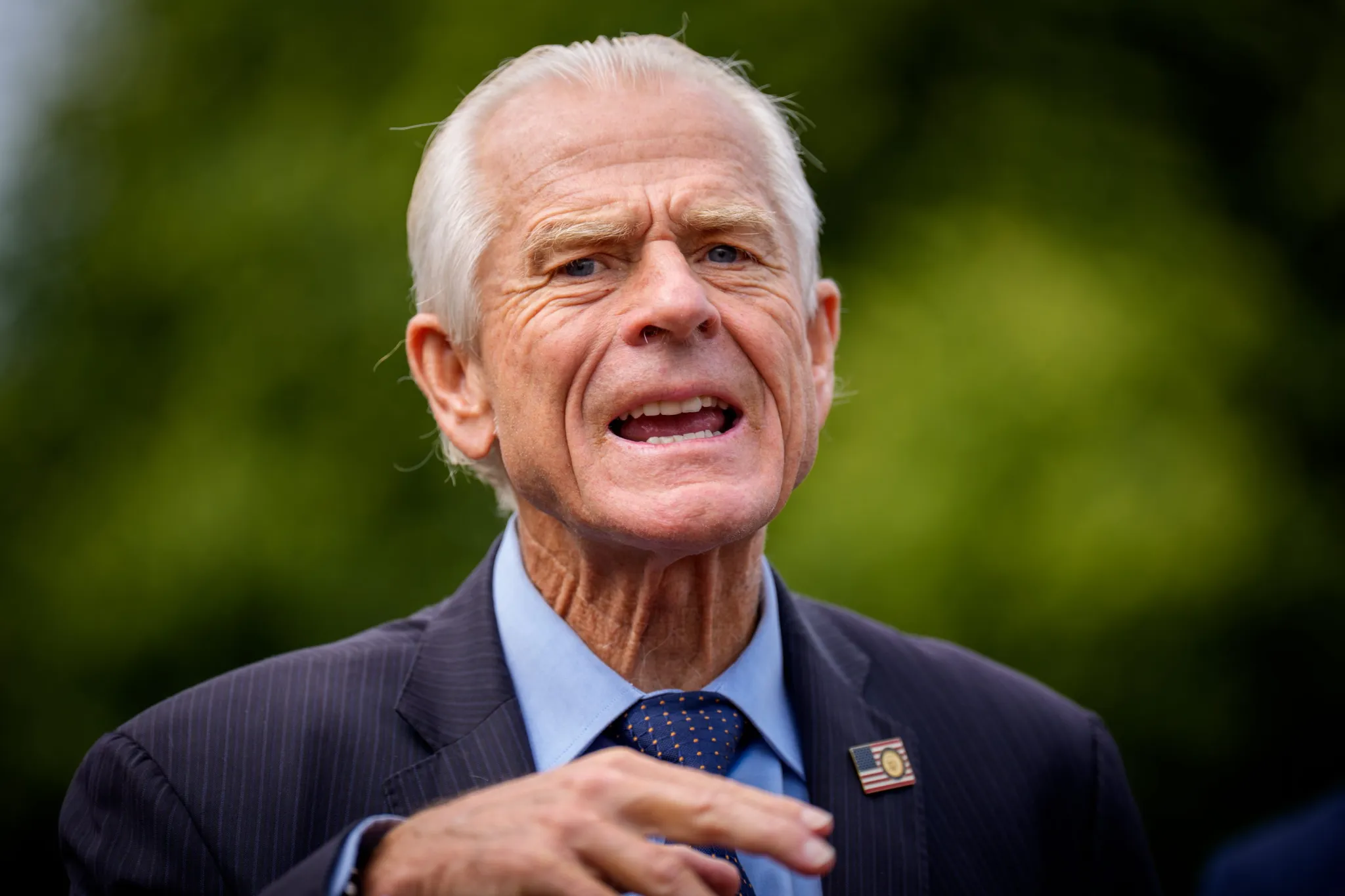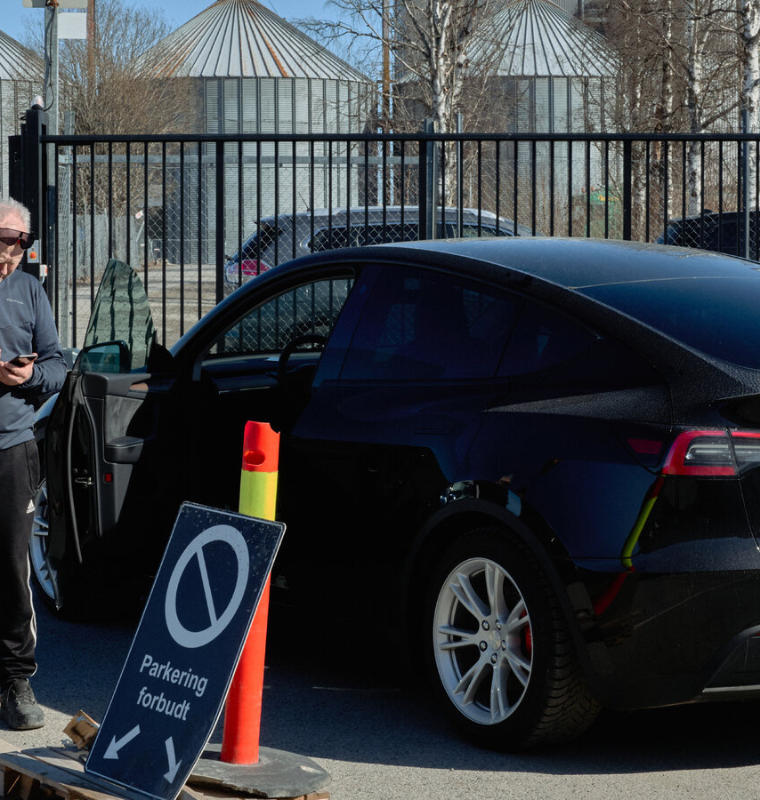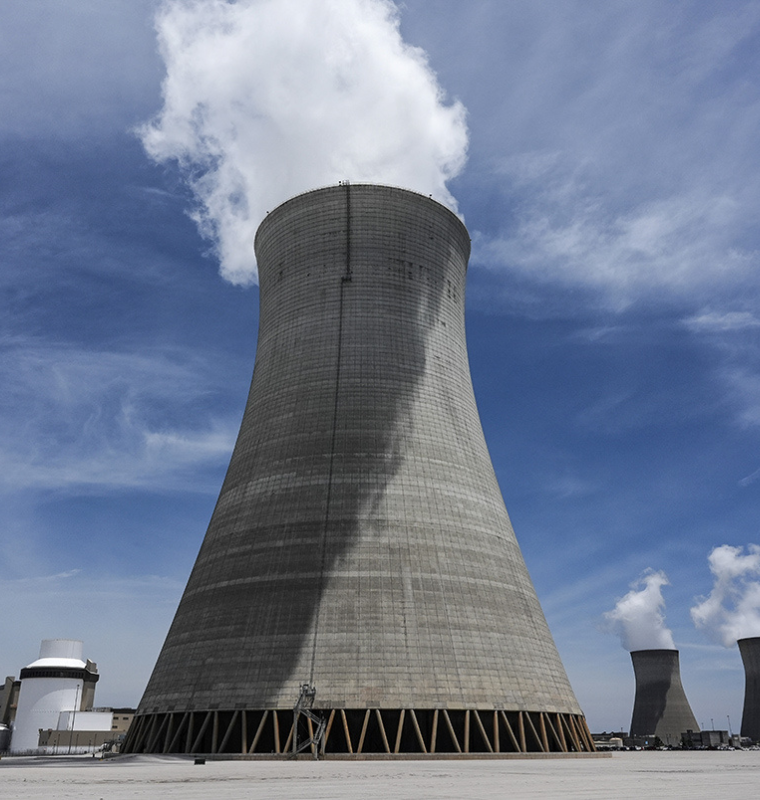Trump Trade Adviser Slams Appeals Court Tariff Ruling as “Partisan Injustice”
Trump Trade Adviser Slams Appeals Court Tariff Ruling as “Partisan Injustice”
By
Calder Monroe
Last updated:
September 1, 2025
First Published:
September 1, 2025

Getty Images
Navarro’s Dire Warning
White House trade adviser Peter Navarro sharply criticized last week’s federal appeals court ruling that deemed most of former President Donald Trump’s global “reciprocal” tariffs illegal. Speaking on Fox News, Navarro called the decision “weaponized partisan injustice at its worst” and warned that overturning the tariffs could mark “the end of the United States.”
His comments echoed Trump’s own fiery rhetoric after the 7-4 decision by the U.S. Court of Appeals for the Federal Circuit raised doubts about one of the core pillars of his economic policy.
The Legal Battle Over Tariffs
The appeals court ruled that Trump exceeded his presidential authority by using the 1977 International Emergency Economic Powers Act to justify sweeping tariffs against countries worldwide, including China, Mexico, and Canada.
While the ruling struck down most of the tariffs, the court allowed them to remain in place until October 14, giving the Trump administration time to appeal to the U.S. Supreme Court. Sector-specific duties, such as those on steel and aluminum, remain intact for now.
Navarro expressed optimism that the high court would ultimately uphold Trump’s tariff strategy, pointing to what he described as a strong dissent in the appeals court ruling that could serve as a “road map” for justices.
Trump’s Tariff Defense
Trump has doubled down on his defense of tariffs, arguing on Truth Social that eliminating them would be disastrous for the economy and national security. He claimed that tariffs have already brought in “trillions of dollars” to the U.S. and vowed to continue using them to “Make America Rich, Strong, and Powerful Again.”
However, official data tells a different story. According to the Treasury Department, tariff revenues for the current fiscal year total about $142 billion — far from the trillions Trump claimed. Much of this revenue stems from customs duties collected before his expanded tariff plan fully rolled out in August.
The Tax Policy Center projects that Trump’s tariffs could raise roughly $2.9 trillion between 2026 and 2035 if upheld. Still, these costs don’t fall on foreign governments but are typically absorbed by American consumers, who face higher prices as businesses adjust. The center estimates that tariffs could translate into an additional $2,700 burden for the average taxpayer in 2026.
The Economic Stakes
Without intervention, Trump’s tariffs were expected to affect nearly 69% of U.S. imports, according to the Tax Foundation. If blocked, the impact would shrink dramatically to about 16% of imports.
The uncertainty adds pressure to U.S. businesses, many of which are already struggling with shifting global supply chains, elevated inflation, and competition from China. While steel and aluminum tariffs remain untouched, the broader question of Trump’s tariff authority could reshape U.S. trade policy for years.
Looking Ahead
The Supreme Court now holds the decisive role in determining whether Trump’s sweeping tariff framework can legally stand. For Trump’s camp, the stakes are framed not just in economic terms but as a defining issue for the nation’s future.
As Navarro warned, “If we lose this case, it will be the end of the United States.” Whether the justices agree will set the tone for America’s trade and tariff policy in the coming decade.
Popular articles
Subscribe to unlock premium content
How Personalized VR Meditation Experiences Are Becoming a Luxury Niche

Why High-End Pet Clothing Is a Multi-Million-Dollar Trend in the Middle East

The Tiny Italian Island of Procida and Its Billion-Euro Film Tourism Boom

How Personalized VR Meditation Experiences Are Becoming a Luxury Niche

Why High-End Pet Clothing Is a Multi-Million-Dollar Trend in the Middle East

How Personalized VR Meditation Experiences Are Becoming a Luxury Niche









